595 rezultate găsite
Skip results of view Știri
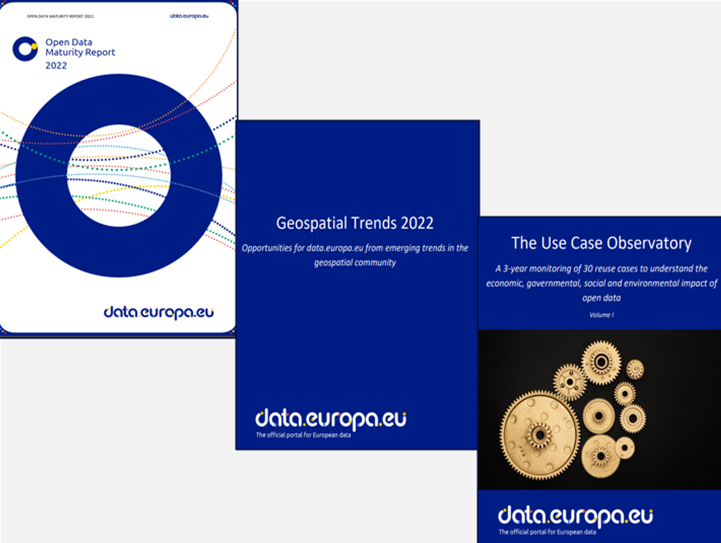
The data.europa.eu team wishes you all a happy new year! This news piece is the first of a series of three releases to recap and reflect on 2022 and to provide an outlook for 2023. This initial piece highlights a few publications and studies published in 2022 and gives a sneak-peak on what to expect in 2023. The publications and studies in 2022 covered several topics relating to open data. This includes technical topics (real-time and geospatial), legal topics (anti competitive law and the changing the legal environment ) and measuring the impact of open data. Examples of publications related

The data.europa.eu teach wishes you all happy holidays. As we prepare for 2023, we would like to thank all our data providers and data enthusiasts’ community for the support and engagement in our 2022 activities. We hope you will enjoy your holiday time with your beloved and if you want to treat yourself with some open data, don´t forget to check out our: Datasets , Statistics , Graph Search , and Metadata Quality Dashboard ; Data.europa.eu documentation on the portal, data quality, data citation and data visualisation; Publications , including the newly released Open Data Maturity 2022 ; Data
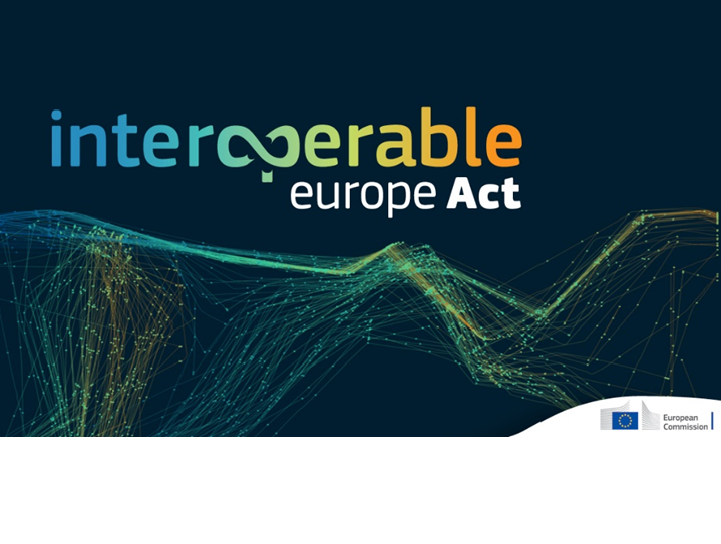
On 21 November 2022, the European Commission adopted the Interoperable Europe Act proposal to strengthen cross-border cooperation in public sectors across the EU. Public sector interoperability is the ability of administrations to cooperate and make public services function across borders, sectors and organisational boundaries. This Act introduces a cooperation framework across the EU that helps build a secure cross-border exchange of data and agree on shared digital solutions. For instance, the creation of the EU Digital COVID Certificate facilitated cross-border travel in the EU during the
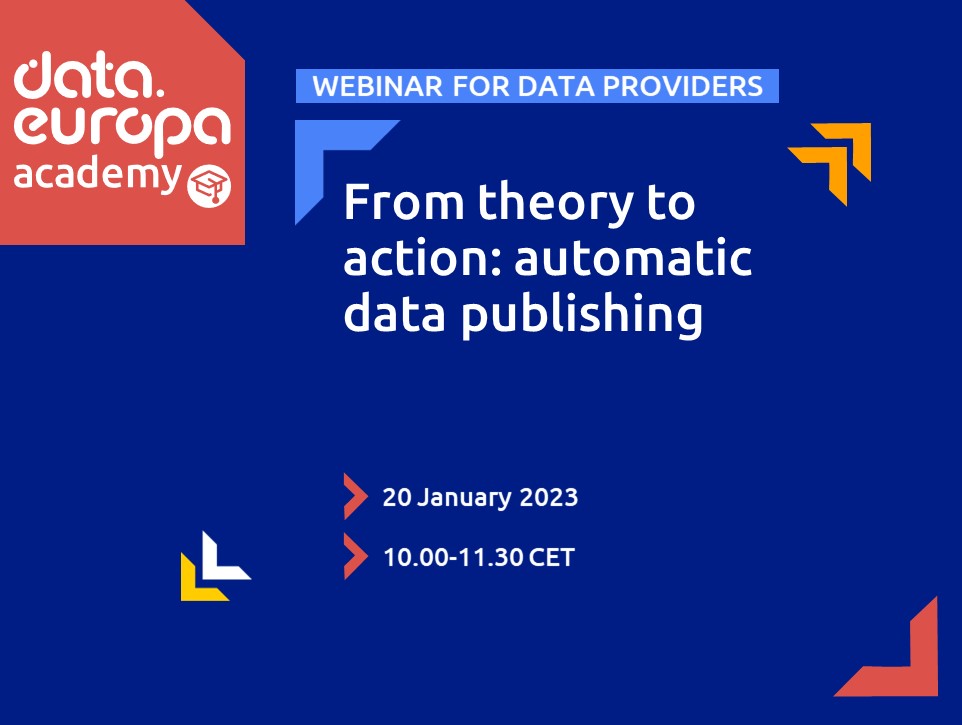
The webinar ‘ From theory to action: automatic data publishing ’ will be conducted on Friday, 20 January 2023 from 10.00 to 11.30 CET. This is the fifth of a series of six trainings aimed at supporting data providers in their data publishing process . The webinar will be presided over by Simon Dutwoski from Fraunhofer who will take a deep dive into the publishing process on data.europa.eu and address the needs of data providers. Data.europa.eu is a catalogue of metadata describing data which is stored in data providers´ data repositories. Data providers are the publishers of metadata and are
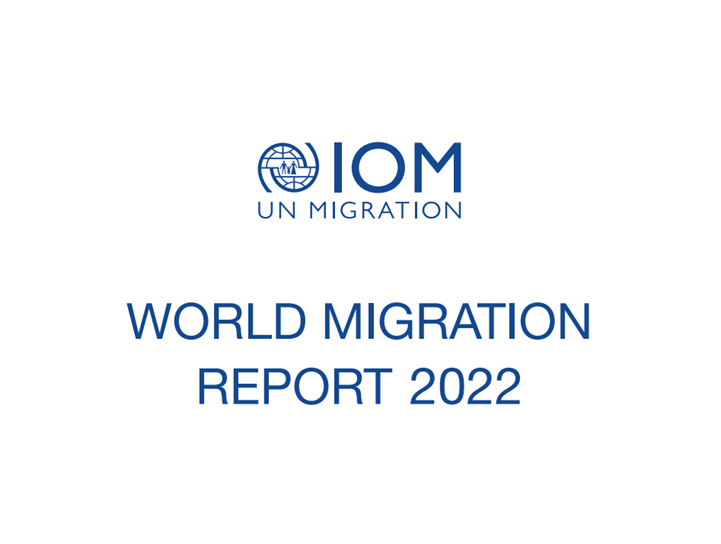
On 18 December, it is International Migrants Day. On this occasion, the World Migration Report 2022 was recently published by the United Nations´ International Organization for Migration (IOM). The eleventh edition of this report aims to increase the understanding of migration throughout the world, by showcasing key data and information on migration as well as thematic chapters on complex and emerging migration issues. According to the 2022 report, the number of international migrants has increased over the past five decades, with 281 million people currently living in a country other than
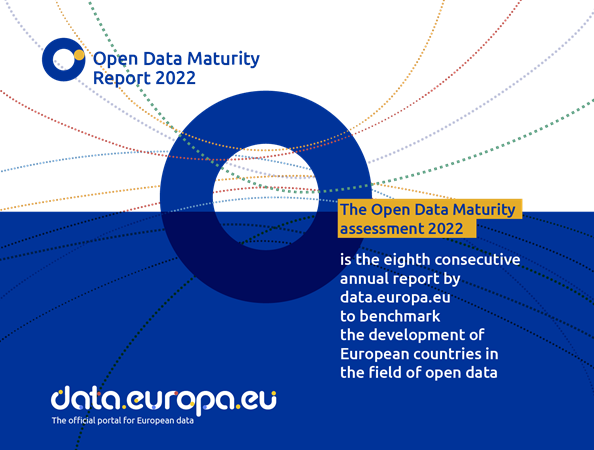
The eighth annual report measuring the level of open data maturity across Europe is published. The Open Data Maturity (ODM) Report 2022 records the progress achieved by EU Member States as they push forward open data publication and reuse, as well as the different priorities set to enable this. The year’s report is based on a self-assessment survey that was completed by 35 countries. While remaining an EU-focused exercise, in fact, the ODM 2022 includes not only the 27 EU Member States, but also 3 European Free Trade Association (EFTA) countries (Norway, Switzerland, Iceland), 4 candidate
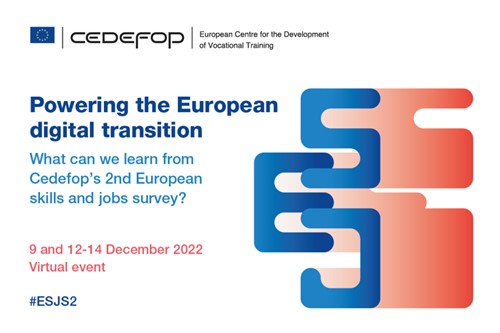
Between the 9 and 14 December the European Centre for the Development of Vocational Training (Cedefop) will host a four-day virtual conference on ‘ Powering the European digital transition – What can we learn from Cedefop´s 2 nd European skills and jobs survey? ’. The conference will focus on the main findings of Cedefop´s second European skills and jobs survey (ESJS2). The survey sampled about 46000 adult workers, collecting information on how digitalisation affects them, whether their skills match their job requirements, and the extent to which they are ready to invest in vocational training
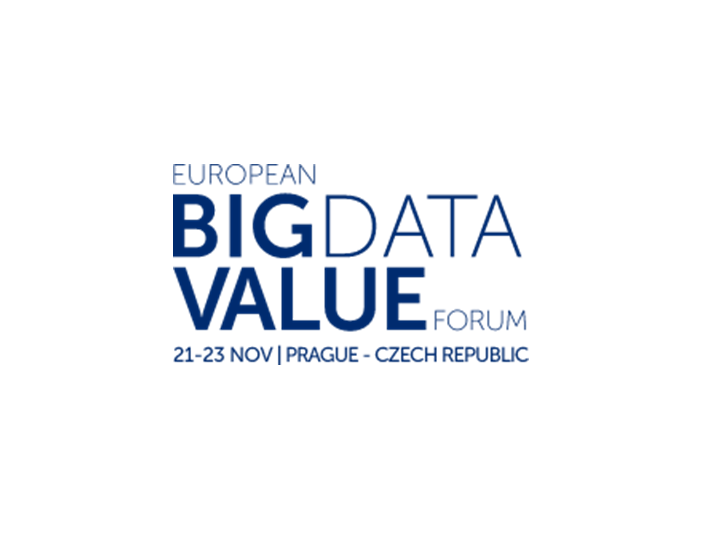
The European Big Data Value Forum (EBDVF) is the flagship event organised annually by the Big Data Value Association (BDVA) to bring together the whole European data-driven AI research and innovation community to share knowledge, collaborate and celebrate achievements in the field. This year, the EBDVF took place in Prague (Czech Republic) between the 21 st and 23 rd of November. Under the theme ‘At the heart of the Ecosystem for Data and AI’, the programme involved several keynote speeches, presentations, and co-creative workshops on ‘Data Spaces’, ‘Industrial and Trustworthy AI’, ‘Technology
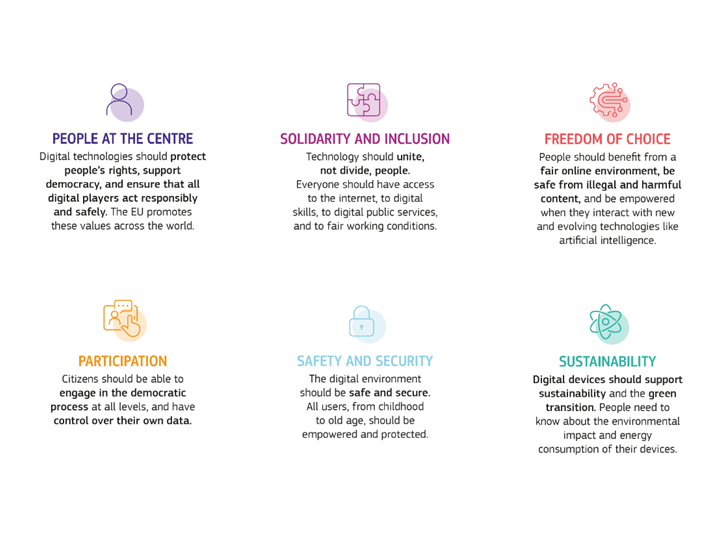
On 14 November 2022, the European Commission, European Parliament and the Council of the European Union reached a political agreement on the European declaration on digital rights and principles , proposed by the Commission in January. Once jointly signed by the three EU institutions, the declaration will set out the global approach to the digital transformation that the EU will take to foster growth, prosperity, security, competitiveness as well as societal well-being across Member States. In particular, the declaration will complement existing rights, contained for example in the GDPR
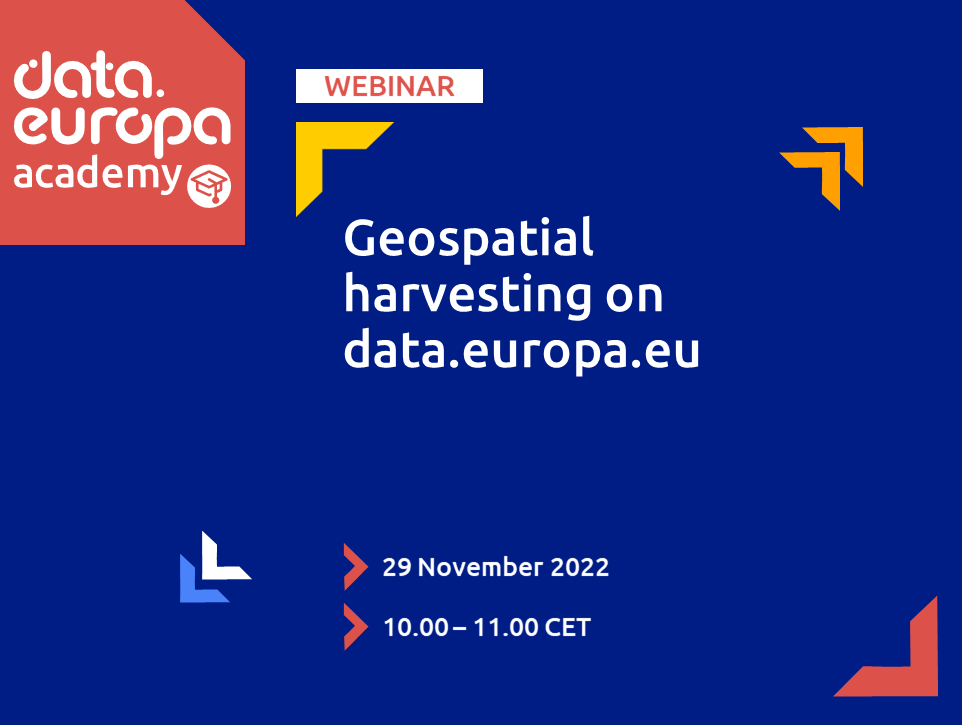
On 29 November 2022, the data.europa academy conducted a webinar on the topic ‘Geospatial harvesting on data.europa.eu’. The primary aim of the webinar was to introduce the type, origin and services of geospatial data that can be found on data.europa.eu and to explain the process of harvesting it. In the first part of the webinar, Dr. Thore Fechner (Head of Team for Open Data and Copernicus at con terra) discussed the ample amount of geospatial data that is available on the portal and walked through the entire process of geospatial harvesting from a geo-catalogue to the portal. He explained
